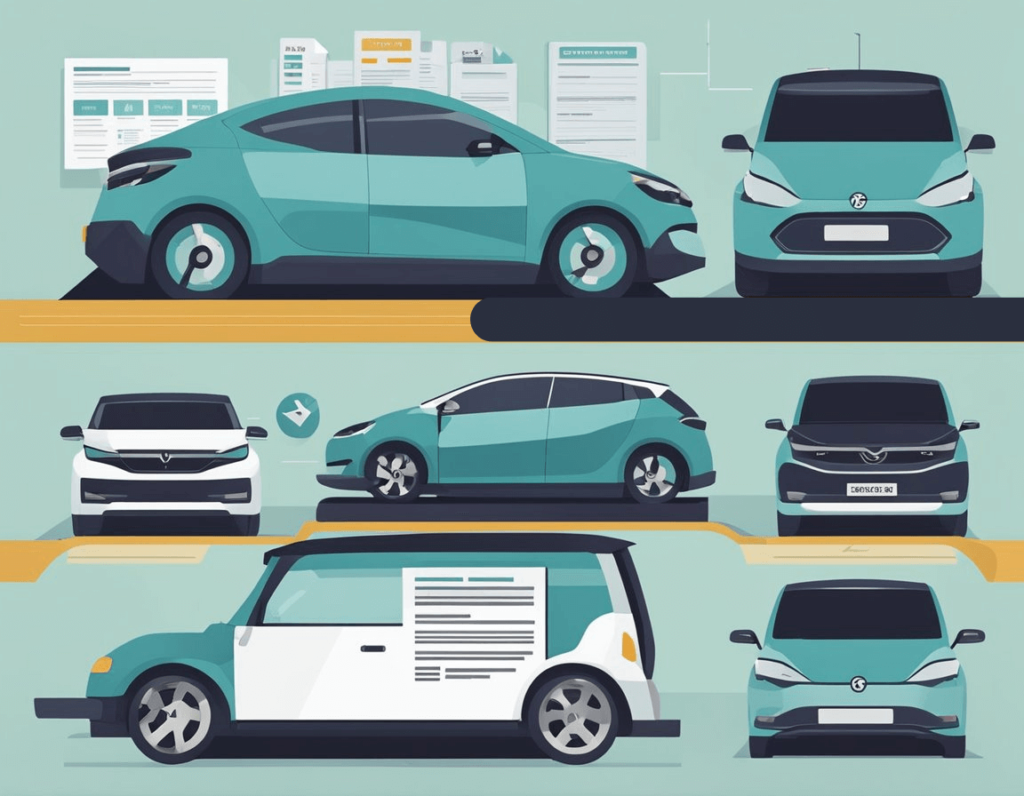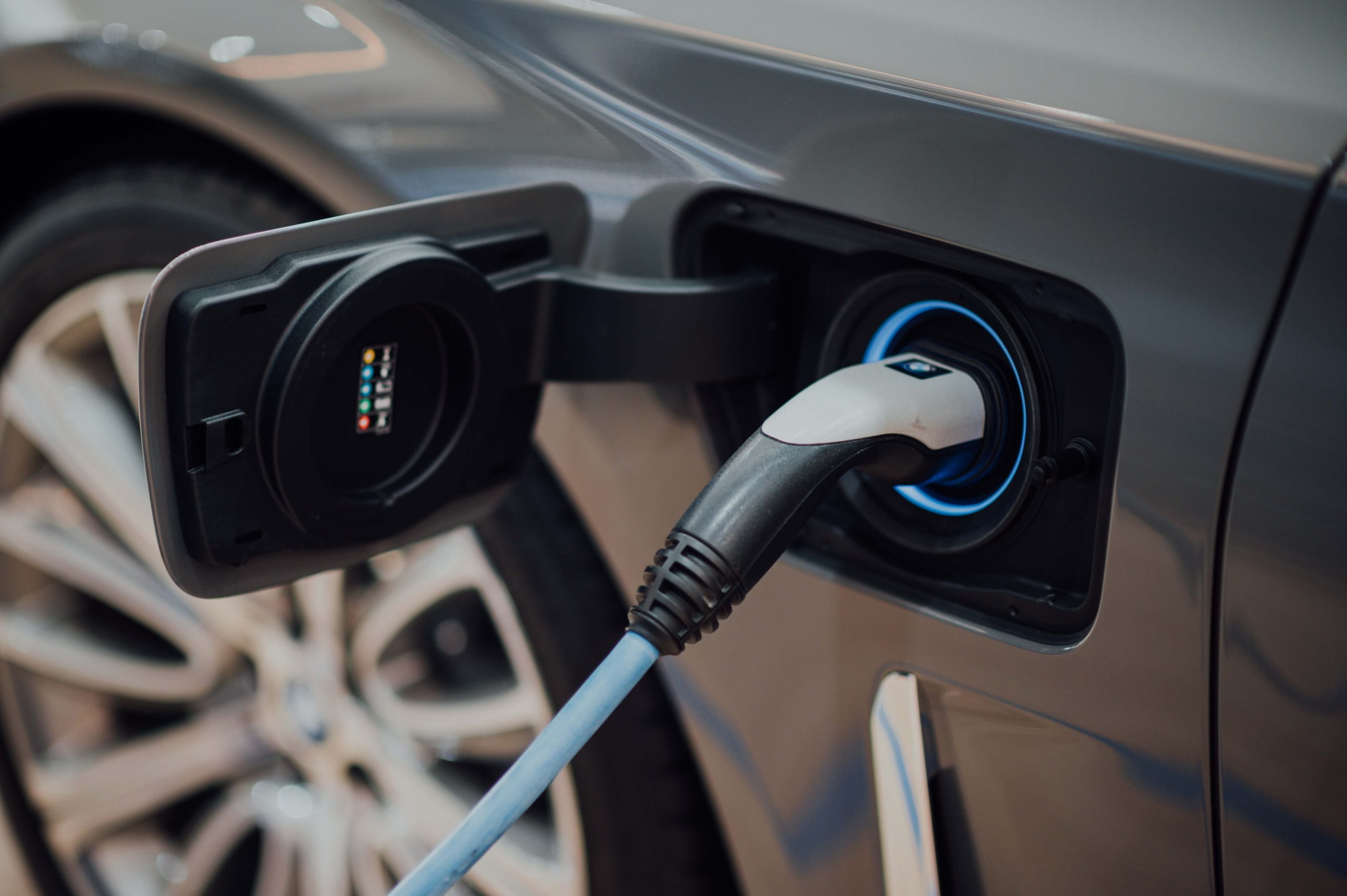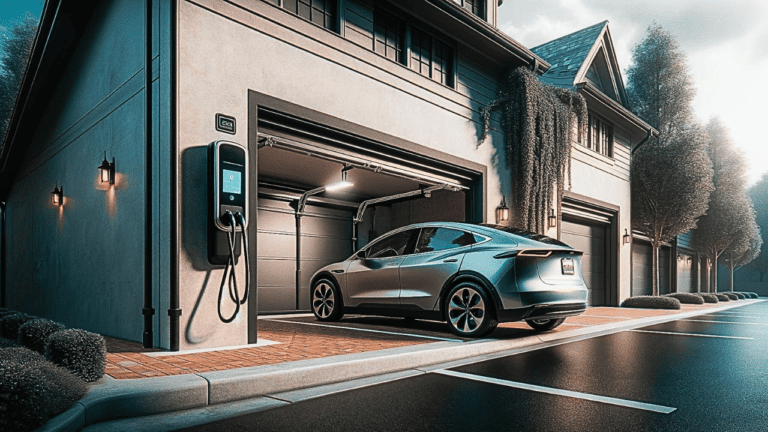Electric cars are becoming increasingly popular as people look to reduce their carbon footprint and save money on fuel costs. But, with so many options on the market, it can be challenging to determine which electric car is the best fit for you.
Fortunately, there are a variety of assessments that you can make to help you select the right electric car.
The first assessment to consider is your daily driving habits. If you have a long commute or frequently travel long distances, you’ll want to look for an electric car with a longer range.
On the other hand, if you primarily use your car for short trips around town, a car with a shorter range may be suitable for your needs.
Additionally, if you have access to a charging station at home or work, you may not need as much range as someone who relies on public charging stations.
Understanding your driving habits is crucial in determining which electric car is right for you.

Types of Electric Cars
When it comes to electric vehicles, there are different types to choose from.
Here are the three main categories:
Sedans and Hatchbacks
Sedans and hatchbacks are the most common types of electric vehicles on the market. They are designed for daily driving and city commutes.
They are typically smaller in size, making them easier to maneuver and park in tight spaces.
Sedans and hatchbacks are also known for their efficiency, which means they can travel longer distances on a single charge.
SUVs and Trucks
SUVs and trucks are larger in size and are designed for families and people who need more space. They are ideal for long trips and outdoor activities.
SUVs and trucks are also known for their towing capacity, which means they can tow heavy loads.
They are also more expensive than sedans and hatchbacks.
Plug-In Hybrids vs. Pure Electric Cars
There are two types of electric cars: plug-in hybrids and pure electric cars.
Plug-in hybrids have both an electric motor and a gasoline engine. They can run on electricity alone for a certain distance, but when the battery runs out, the gasoline engine takes over.
Pure electric cars, on the other hand, run solely on electricity. They have larger batteries and can travel longer distances on a single charge.
When choosing an electric vehicle, it’s important to consider your needs and lifestyle.
Sedans and hatchbacks are perfect for city driving, while SUVs and trucks are ideal for families and outdoor enthusiasts.
If you want to reduce your carbon footprint and save on gas, both plug-in hybrids and pure electric cars are great options.
Evaluating Electric Car Features and Specifications

When choosing an electric car, there are a few important features and specifications to consider.
Here are some assessments to make when evaluating electric car features and specifications:
One of the most important features of an electric car is its battery and range.
The battery determines how far the car can travel on a single charge, while the range is the total distance the car can travel on a single charge. I
t is important to consider the battery size and range when selecting an electric car. Some electric cars have larger batteries and longer ranges than others. This can affect the car’s performance and overall cost.
Range
The price worth of electric cars is dependent on many factors and the most important among them is the range of an EV.
Even Henry Ford’s wife was fond of an EV and used it for local shopping. Now with the revolution in battery strength, and longer times of charge retention, the range has also increased notably with some EVs like Lucid touching ranges around 650 km.
The continuous revolution in battery technology which makes them lighter and stronger promises a bright future for the EVs ultimately touching a range of 1000 km. It matches the range of a gas powered car and even more.
Range of some EVs
- Mercedes EQS 450+ 640 km
- Lucid Air Grand Touring 630 km
- Tesla S Long Range 585 km
- Volkswagen ID.4 GTX 400 km
- Kia EV6 GT 395 km
- Jaguar I-pace 380 km
- Peugeot e-traveler 50kWh 180 km
- Fiat 500 e 135 km
- Smart EQ for 495km
Battery
The whole concept of EVs revolves around the battery which powers them. Battery has to be powerful, safe and light, the major portion of EV cost is the battery and producers are actively working to show how to shed their costs.
China has taken the lead in producing EV batteries, their plant being located in Ningde China and their worth more than Ford and General motors. They first supplied batteries to BMW and now to Tesla and all other major automakers.
They intend to control the American and world auto market just like OPEC controls the gasoline market and subsequently the auto market today.
Battery makers are actively working on reducing the charging time and some cars are boasting of charging times of less than 20 minutes for charging from 20 to 80 percent
Battery strength of some EVs
- Kia EV6 GT 77.4 kWh
- Tesla 3 Long Range Double Motor 70kWh
- BMW i4 eDrive40 80.7kWh
- Mercedes EQS 450+ 107.8
Charging Options and Infrastructure
Another important feature to consider is the charging options and infrastructure. Electric cars can be charged using different levels of charging, including level 1, level 2, and level 3 charging.
Level 1 charging uses a standard 120-volt outlet and can take up to 20 hours to fully charge the car.
Level 2 charging uses a 240-volt outlet and can take 4-8 hours to fully charge the car.
Level 3 charging, also known as DC fast charging, can charge the car up to 80% in 30 minutes.
It is important to consider the charging options and infrastructure available in the area where the car will be used.
Level 2 charging stations are more common than level 3 charging stations, and it may be necessary to install a level 2 charger at home or work.
Performance and Gear
The performance and gear of an electric car are also important considerations. The car’s kilowatt-hour (kWh) rating can affect its acceleration and speed. The driving range can also affect the car’s performance. Some electric cars have a longer driving range than others, which can affect the car’s overall performance.
It is also important to consider the gear of the electric car. Electric cars can have different gear options, including single-speed and multi-speed transmissions. Single-speed transmissions are more common in electric cars and provide a simpler driving experience. Multi-speed transmissions can provide better acceleration and overall performance, but can also be more complex to operate.
Infotainment
This includes the size and resolution of the screen and touch sensitivity.
The navigation system, the audio and video system and finally the screen response and mobile connectivity and voice commands.
Driver assist functions are becoming more advanced and in a few years’ time self-driving cars will flood the market where the infotainment system will be of prime importance.
Weight
Lighter the weight of the battery the lighter is the car automakers are focusing on reduction of weight of the batteries so that the weight of the battery reduces and thus in fact increasing the range drastically.
The range of battery weight varies from 22.4 kg/kWh to 75 kg/kWh
Aerodynamics
The more aerodynamic the vehicle the lesser is the drag and air resistance, thus decreasing the load on the battery and helping increase the range of the vehicle.
Financial Considerations

When considering purchasing an electric car, there are several financial factors to keep in mind. This section will cover some of the most important financial considerations to help you make an informed decision.
Incentives and Tax Credits
One of the most significant financial benefits of purchasing an electric car is the incentives and tax credits available.
The tax credit ranges from about $2,500 to $7,500 for certain newly purchased electric vehicles. However, there are specific conditions in place to receive the tax credit, so it is essential to do your research and make sure the electric car you are interested in qualifies.
Additionally, some states and local governments offer additional incentives, such as rebates or tax exemptions, for purchasing an electric car.
Budgeting for an Electric Car
Electric cars can be more expensive than traditional gas-powered vehicles, so budgeting is crucial.
When budgeting for an electric car, consider the upfront cost, as well as the long-term savings on fuel and maintenance. Some electric cars may have a higher upfront cost, but the savings on fuel and maintenance can make up for it in the long run.
Additionally, consider the cost of installing a home charging station, which can range from a few hundred to a few thousand dollars.
Leasing vs. Buying
When deciding whether to lease or buy an electric car, there are several factors to consider.
Leasing may be a more affordable option upfront, as monthly payments are typically lower than financing a purchase. However, at the end of the lease term, you will need to return the car or enter into a new lease, which can be more expensive in the long run.
On the other hand, buying an electric car may have a higher upfront cost, but you will own the car outright and can potentially save money in the long run.
Additionally, buying a used electric car can be a more affordable option than purchasing new.
By considering these financial considerations, you can make an informed decision when selecting an electric car that fits your budget and lifestyle.
Ownership Experience
When it comes to owning an electric car, there are a few things that buyers need to consider to ensure a positive ownership experience.
Here, we will discuss three key factors that can impact the ownership experience: range anxiety and long trips, cold weather impact, and maintenance and longevity.
Range Anxiety and Long Trips
One of the biggest concerns for electric car owners is range anxiety.
This is the fear of running out of battery charge before reaching a destination or a charging station.
While most electric cars have a range of around 100-300 miles, this can vary depending on driving conditions, weather, and other factors.
To avoid range anxiety, buyers should consider their daily driving needs and choose a car with a range that meets their needs.
For those who frequently take long trips, it is important to consider the availability of public charging stations along the route.
Many electric cars are equipped with navigation systems that can help drivers find charging stations along the way. However, it is still important to plan ahead and ensure that there are enough charging stations available to reach the destination.
Cold Weather Impact

Cold weather can have a significant impact on the range of electric cars. In extreme temperatures, the battery can lose up to 40% of its capacity, reducing the range of the car.
To combat this, some electric cars are equipped with battery heating systems that can help maintain the battery’s performance in cold weather.
Buyers who live in areas with cold winters should consider the impact of cold weather on the range of the car and choose a car with a battery heating system if possible.
Maintenance and Longevity
Electric cars are generally less complex and require less maintenance than traditional gasoline-powered cars. However, there are still some maintenance tasks that need to be performed, such as replacing the battery coolant and brake fluid.
The longevity of the battery pack is also an important consideration. While most electric car batteries are designed to last for many years, they will eventually need to be replaced. Buyers should consider the cost of replacing the battery pack when choosing an electric car.
Choosing the Right Electric Car Model
When it comes to choosing the right electric car model, there are a few things to consider.
Popular Electric Car Models
There are several popular electric car models on the market today, including the Tesla Model 3/Y/X/S, Nissan Leaf, Hyundai Ioniq, Ford Mustang Mach-E, Lucid Air, Rivian R1T, and Chrysler Pacifica Hybrid.
Each of these models has its own unique features, so it’s important to research each one to determine which is the best fit for your needs.
Cargo Space and Vehicle Type
One important consideration when selecting an electric car model is cargo space and vehicle type.
SUVs and trucks tend to have more cargo space, making them a good choice for families or those who need to transport large items.
Sedans, on the other hand, are typically more fuel-efficient and may be a better choice for those who prioritize fuel economy.
New vs. Used Electric Vehicles
Another factor to consider when selecting an electric car model is whether to purchase a new or used vehicle.
Used electric vehicles can be a great option for those on a budget, but it’s important to do your research and ensure that the vehicle has been well-maintained.
Additionally, it’s important to keep in mind that used electric vehicles may have a shorter battery life than new models.
Overall, choosing the right electric car model requires careful consideration of factors such as cargo space, vehicle type, and whether to purchase a new or used vehicle. By doing your research and taking the time to evaluate your needs, you can find the perfect electric car model for you.







